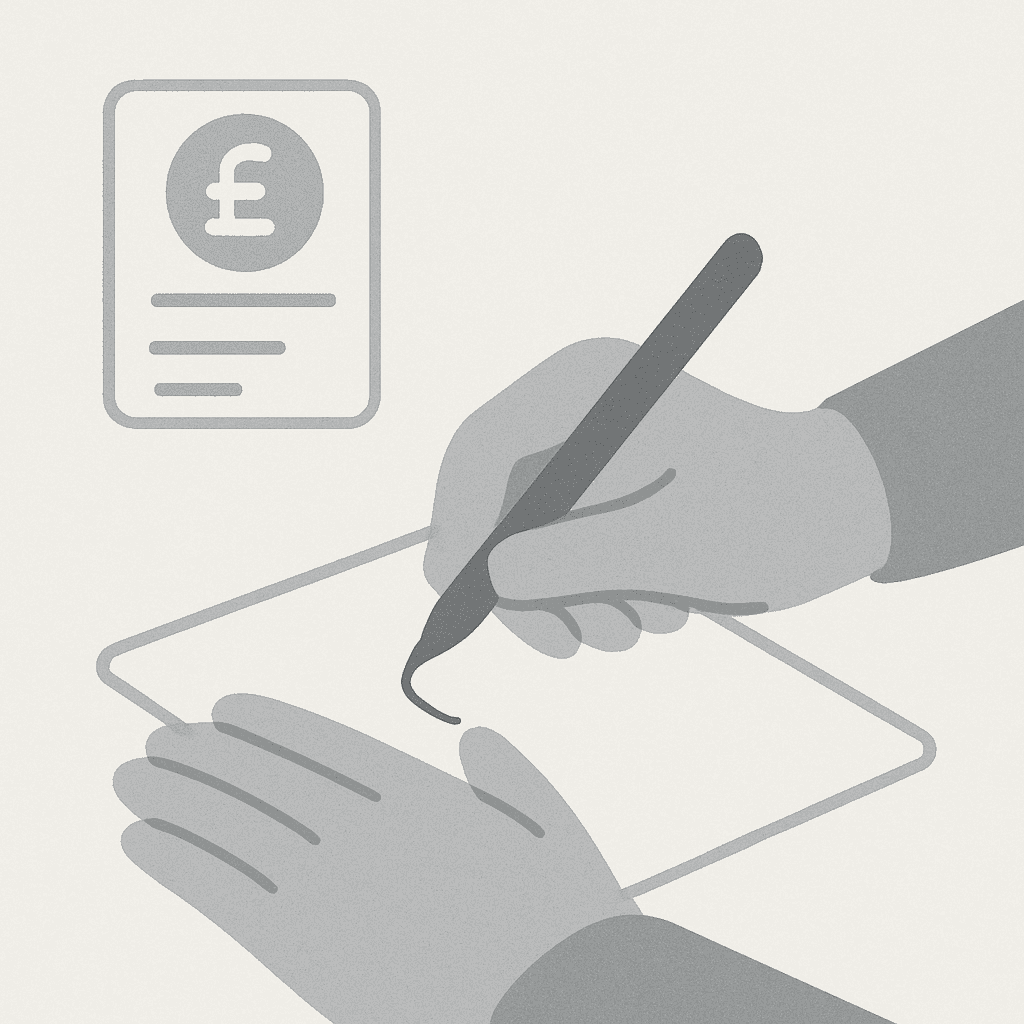High Income Child Benefit Charge Explained: Are You Earning Too Much?
Understand if your income triggers the High Income Child Benefit Charge and how to manage it effectively.

Are You Earning Too Much for Child Benefit?
If you're a UK parent earning over £60,000, you're likely within the ambit of HICBC, or High-Income Child Benefit Charge, which means your Child Benefit payments may decrease or possibly be eliminated altogether. Let's see what this means and what you should do.
What Is the High Income Child Benefit Charge?
HICBC arises when either you or your partner has an individual income above £60,000 and claims Child Benefit. The rules are as follows:
- Income between £60,000 and £80,000: 1% of the Child Benefit will be repaid for every £200 earned beyond £60,000.
- Income beyond £80,000: Complete repayment of Child Benefit is made.
So the charge is meant to ensure high-income earners are able to repay more of it.
How To Calculate Your Adjusted Net Income
In order to determine if the HICBC applies to you, calculate your adjusted net income which includes:
- Your gross taxable income (salary, bonuses, etc.)
- Income from savings and other investment interests
- Income derived from property rental
- Benefits-in-kind (company car, medical insurance, etc.)
You then deduct any allowable deductions for the adjusted net income. The Child Benefit tax calculator would be appropriate for more accurate calculations.
Options If You Are Affected
When your income is above the threshold, you have two options:
- Continue Child Benefit but Pay the HICBC through Self Assessment: This means you get to accept payments while paying the HICBC due via Self Assessment.
- Stop Receiving Payments: You can stop payments and not incur the charge; however, you still have to make a claim for National Insurance credits from that.
Claiming Child Benefit earns you NI credits that will count towards your State Pension, remember even if you don't receive payments.
Paying the Charge
To pay HICBC, do the following:
- Register for Self Assessment by 5 October following the tax year that is applicable for you to pay the charge.
- Complete Self Assessment Tax Return every year.
- Pay by the deadline to avoid penalties.
For more information please visit HICBC page in the GOV.UK.
Change in Circumstance
A change of life can bring the possible changes in your liability of HICBC:
- Positive income changes: Your income is below the threshold; therefore, inform HMRC to stop the charging.
- Life Change: The fact that you possibly moved in with a partner or separated from a partner may be an essential determinant of who has to pay the charge.
Always communicate changes promptly to HMRC to get the right assessments.
Protection For Your State Pension
Claiming Child Benefit, even without receipts, gives National Insurance credits for all children under 12. These counts towards a state pension eligibility criterion. Don't lose out on them; make a claim even if not being paid.
Final Thoughts
The High Income Child Benefit Charge is mostly borne by the higher earners and will be very important for them to really understand. And by calculating one's adjusted net income, it will choose that option that would help in managing finances well.
Do you require help in computing your salary and allowances? Try out our salary calculator.